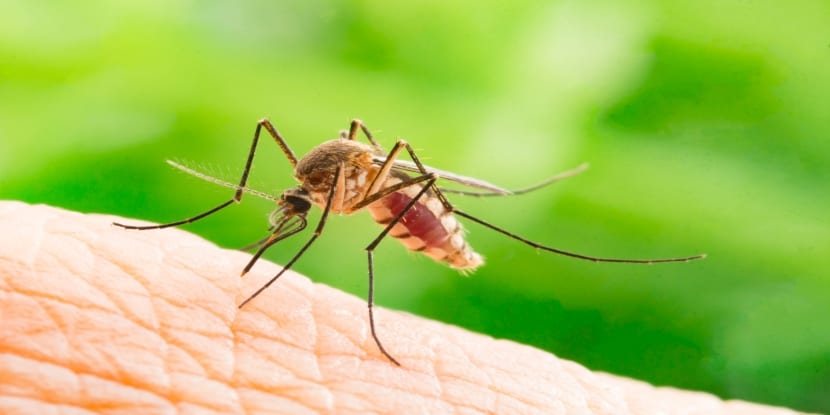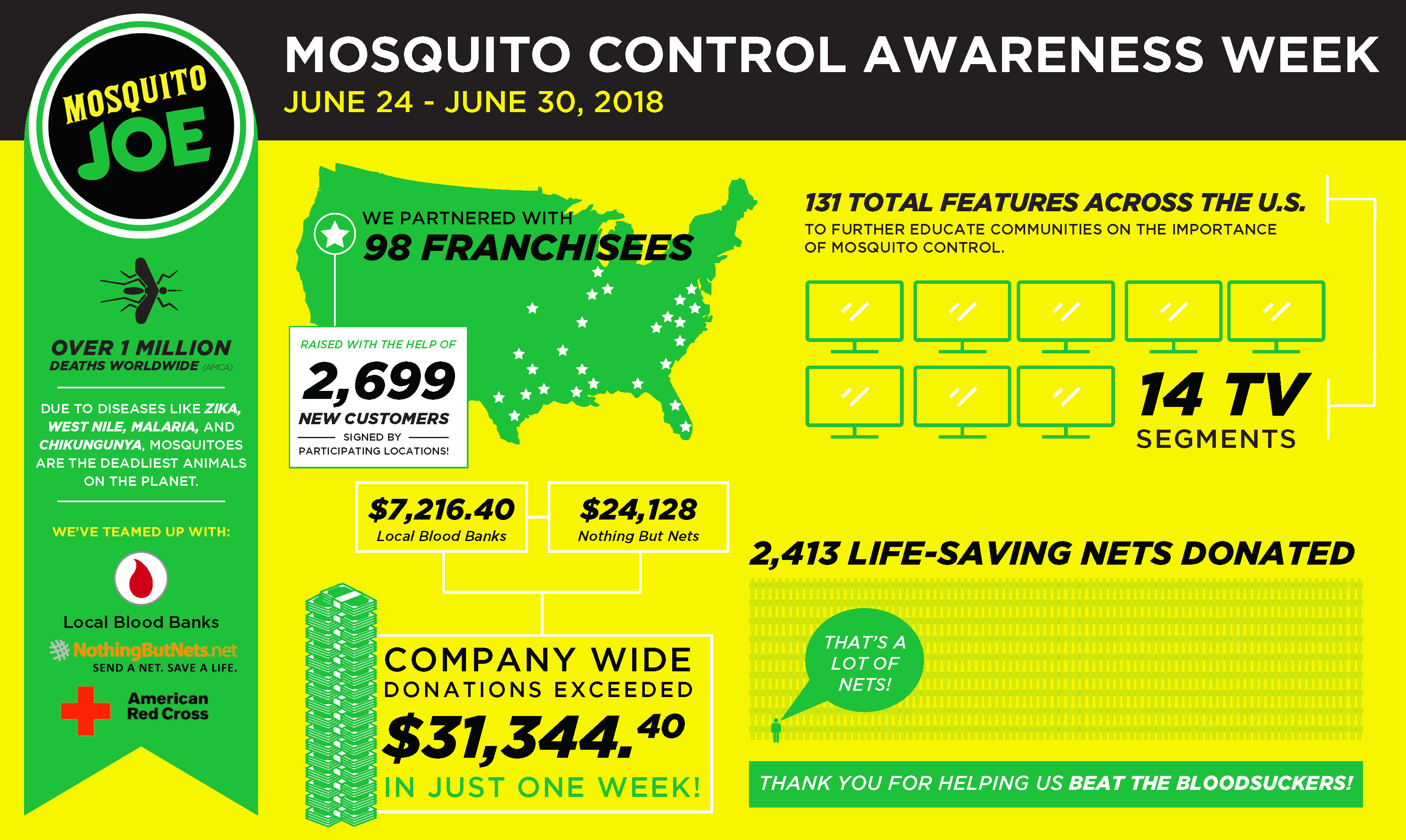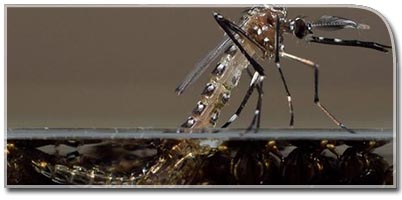New Species of Mosquito Brings a New Threat
In many places throughout the country, the peace and enjoyment of a pleasant evening outdoors is disrupted by annoying, biting mosquitoes. This warm-weather pest can be a real nuisance and put a damper on many outdoor plans and activities. What a lot of people don’t realize is many of these mosquitoes can also carry a variety of diseases that can be transmitted to both humans and pets. Depending on the type of species, some mosquitoes can transmit diseases that result in a lot more than just an itchy rash. One such species will be arriving in certain areas of the country soon, with predictions of more widespread activity throughout this summer.
A New Threat Has Arrived
Scientists have identified a new species of mosquito—Aedes scapularis—that can transmit several nasty diseases. They’re warning residents in specific areas of the country that this new species is capable of transmitting diseases like yellow fever virus, Venezuelan equine encephalitis virus, dog heartworm, and other pathogens. This non-native mosquito currently has a wide range, from Texas to parts of South America and throughout much of the Caribbean. It has also become widespread in several South Florida counties, and experts predict many other areas could be highly suitable for the species to thrive and multiply. Researchers, using a process known as ecological niche modeling—a machine-learning algorithm that predicts the potential distribution of the species across regions—identified as many as 16 counties in Florida as “highly suitable.” Other areas like Louisiana, Mississippi, Georgia, and parts of South Carolina could become potential breeding grounds for the species to spread.
Related Topic: What Can You Eat to Deter Mosquitoes?
Increased Awareness and Vigilance Recommended
As a result of these findings, researchers suggest you take extra precautions when venturing outside during the spring and summer months. Bug sprays and candles can only do so much when it comes to repelling mosquitoes. Here are some other easy-to-follow tips to help you prepare for the upcoming, mosquito-heavy months:
- Keep vegetation pruned.
- Remove any standing water.
- Avoid wearing dark colors at night.
- Keep pets inside at night.
Heavy vegetation provides an ideal environment for insects. Keep plants and shrubs pruned on a regular basis to help reduce the insect population in your backyard. The same is true for any standing water—the most favorable habitat for mosquitoes to grow. Survey your backyard for any areas where water may accumulate and eliminate them, if possible. When you’re outside, especially during dust and evening hours, avoid wearing colors that are more likely to attract mosquitoes. And finally, try to keep pets inside at night. Pets that are left outside overnight are susceptible to mosquito bites, which can transmit diseases like heartworm.
Related Topic: What Colors Attract Mosquitoes?
Taking Back Control of Your Backyard
Dealing with mosquitoes in the spring and summer has become a yearly ritual for many homeowners. Mosquitoes, even ones that don’t carry harmful diseases, can disrupt a peaceful, enjoyable spring or summer respite by driving both people and pets inside for shelter. But as the weather turns warmer, everyone wants to be outdoors enjoying the summer activities we missed during the winter months. Don’t let the threat of mosquitoes keep you inside this season. Take back control of your backyard with a call to the professionals at Mosquito Joe. They offer a variety of services—barrier spraying, natural treatments, misting systems—that will help you enjoy your backyard and make the outdoors fun again!









